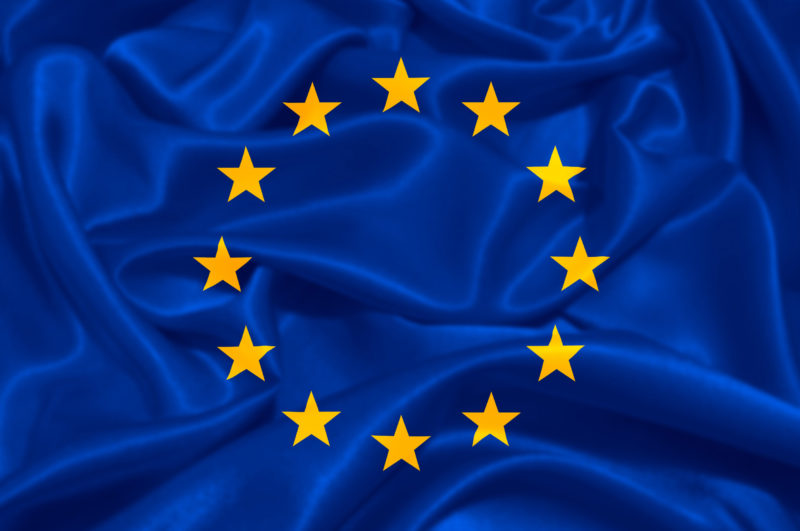Inspired by the article series “Europe can do better” by United Europe and Handelsblatt, the Dutch daily Het Financieele Dagblad launched a series of articles today. On the initiative of United Europe’s Vice-President Thony Ruys, former CEO of Heineken, the daily publishes a total of eight articles by CEOs of Dutch companies including Tom Tom, DSM, Vopak, Van Lanschot, Havenbedrijf Rotterdam, Heineken, and FrieslandCampin. The series starts today with an introductory text by Caspar van den Berg, Professor of Public Administration, and Thony Ruys.
The European elections take place at a delicate moment in the history of Europe: The United Kingdom is on the verge of withdrawal, and many other Member States are also experiencing an increasing anti-EU sentiment. At this moment, we need European cooperation more than ever for economic, geopolitical and security reasons.
In the run-up to the Brexit referendum, a variety of opinions circulated from parties, social groups and opinion-makers, whether factual or not. One group remained remarkably silent: The top of the British economy remained surprisingly cautious in discussing what the EU has brought to British society and what it has to offer. We now know how that came about.
Remarkable things are also happening in the Dutch discourse on Europe. While Eurobarometer surveys and studies by the Central Statistical Office show that 80 percent of Dutch people are in favor of EU membership and that confidence in the EU has risen in recent years, the media and correspondents remain Eurosceptic.
On the initiative of the pro-European association United Europe e.V. and the German business newspaper Handelsblatt, 30 CEOs will present their vision of European cooperation in a series of articles before the European elections. The contributions have led to a new discussion in Germany about the importance of European cooperation. The FD is now launching a similar initiative. In the article series “Vote for Europe“, the CEOs of large Dutch companies express their views on what the EU should focus on in view of the upcoming European elections.
When the European Coal and Steel Community was founded in 1952, the objective was simple: to prevent a new war by economically linking the former enemies, starting with the coal and steel industries. Economic cooperation in the interests of lasting peace proved to be a recipe for an unusually long period of stability and unprecedented prosperity growth in Europe. At the same time, the specific focus on the economy seems to have been a mistake. The economic rationale by which the EU sought to unite the peoples of Europe did not create a strong common identity. This is remarkable because today you can feel like a Dutchman, a Frisian or an Amsterdamer, and also a European – own identities have become more diverse.
The message that the Dutch are by definition European because of their geography, history, culture, and economy should already be dealt with in primary school. The success of the Erasmus program demonstrates the importance of education and exchange in creating cross-border links. Since 1987, four million young people have lived and studied in another EU Member State.
However, for people who are well educated, have a job and live in a city, European cooperation and the internal market seems much more useful than if they are less educated, have no job security and live in a shrinking region. Open borders have generally brought much prosperity to member states. Yet, economic data and voting patterns are increasingly showing that certain groups and regions within member states benefit greatly from the EU, while others benefit significantly less.
In order to strengthen support for open borders and the governance of member states, political leaders need to work with this fact. Not through old-fashioned redistribution, but by closing the gap between groups and regions, through better infrastructure, faster internet (even in sparsely populated areas) and combating discrimination in the labor market.



